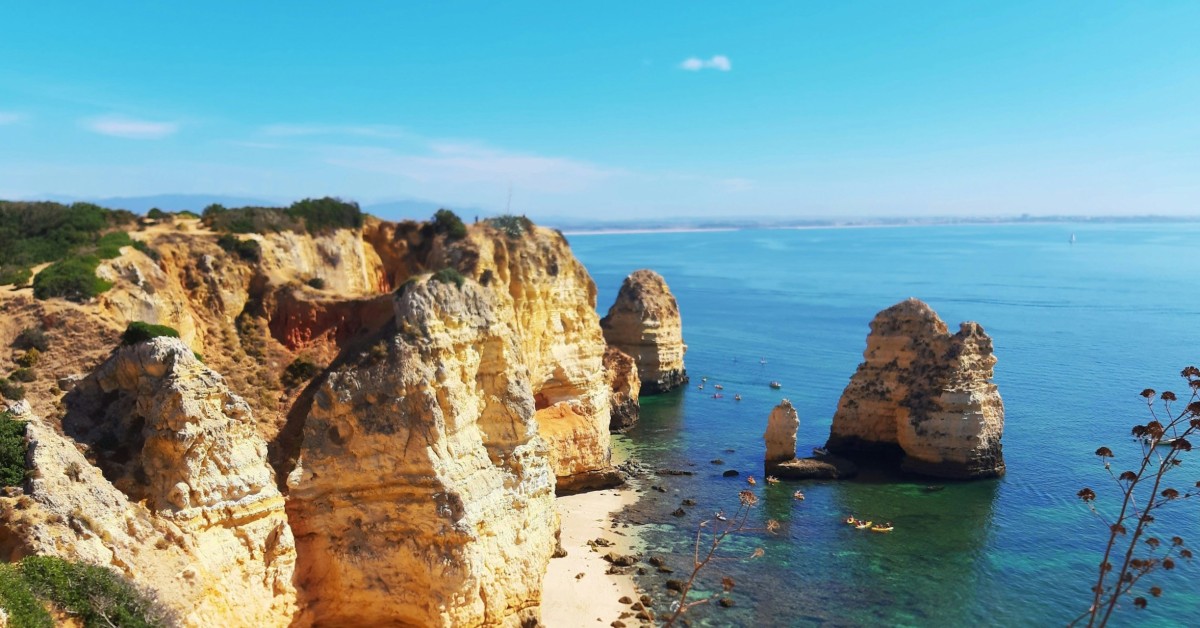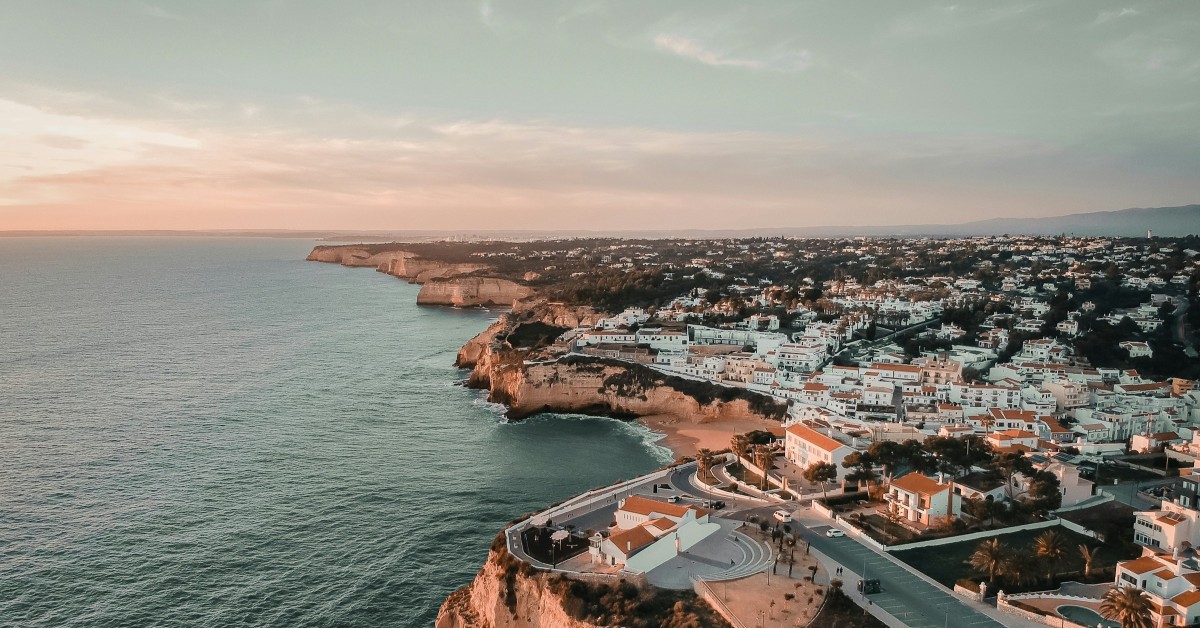
Portugal has become one of the most popular destinations for international property buyers. With its stunning coastline, vibrant cities, and attractive lifestyle, investing in Portuguese real estate offers both a high quality of life and promising financial returns. If you’re considering buying property in Portugal as a foreigner, this guide will take you through the legal requirements, costs, and step-by-step process to make your purchase smooth and secure.
- Why invest in Portuguese property?
- Legal requirements for foreign buyers
- Step-by-step process to buy property in Portugal
- Costs associated with buying property in Portugal
- Financing options for foreign buyers
- Best locations in Portugal for foreign buyers
- Make your property purchase in Portugal a reality
- Frequently Asked Questions
Why invest in Portuguese property?
Strong real estate market
Portugal’s property market has shown consistent growth in recent years, particularly in cities like Lisbon, Porto, and popular coastal regions such as the Algarve. Whether you’re seeking a permanent residence, a holiday home, or a rental investment, the market offers opportunities for capital appreciation.
Attractive lifestyle and climate
Portugal enjoys a mild Mediterranean climate, a relaxed pace of life, and beautiful landscapes ranging from beaches to historic towns. These features make it highly appealing to foreign buyers seeking both comfort and lifestyle benefits.
Rental income opportunities
Foreign buyers can benefit from Portugal’s thriving short-term and long-term rental markets. Coastal towns and major cities attract tourists year-round, providing excellent potential for rental income.
Residency and golden visa benefits
Purchasing property in Portugal may also open the door to residency options, including the Golden Visa programme, which allows non-EU citizens to gain residency through property investment.
Legal requirements for foreign buyers
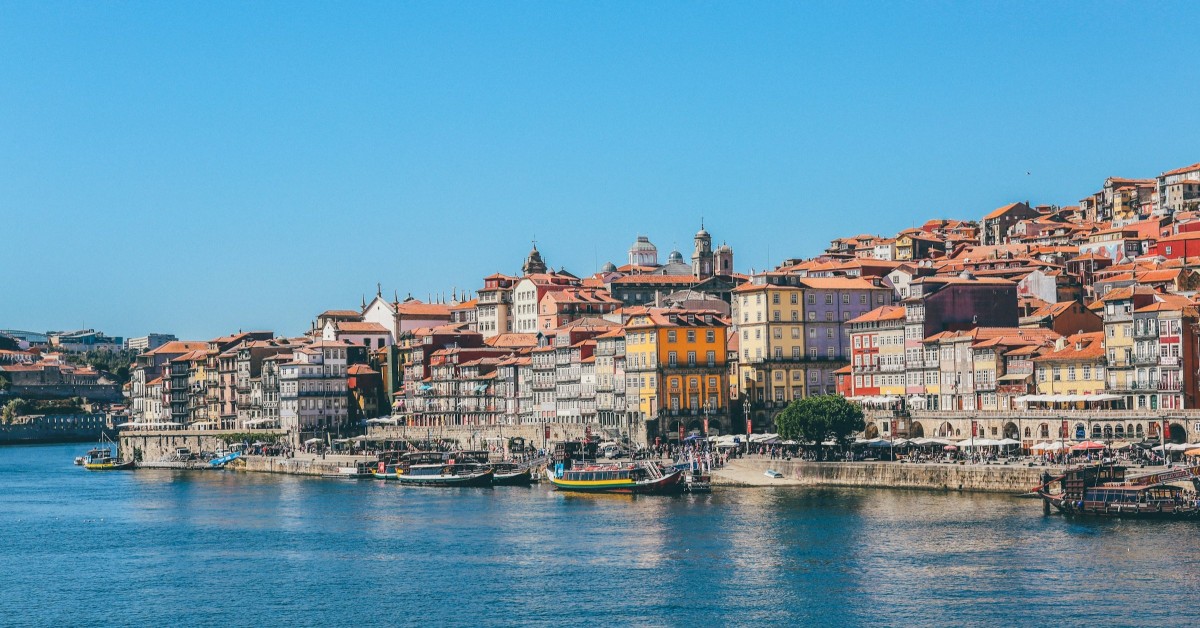
Who can buy property in Portugal?
Portugal allows foreigners from anywhere in the world to buy property. There are generally no restrictions on foreign ownership, though some rural or protected lands may have specific regulations.
NIF – Tax Identification Number
Before buying property, you’ll need a Portuguese tax identification number, known as the NIF (Número de Identificação Fiscal). This number is essential for all financial and legal transactions in Portugal.
Residency considerations
Owning property in Portugal does not automatically grant residency, but it can be part of the requirements for residency or citizenship programs, including the Golden Visa.
Restrictions on property types
Most properties are available to foreign buyers. However, agricultural or forest land may require additional approvals or permissions.
Step-by-step process to buy property in Portugal
1. Find the right property: Start by searching online real estate portals, working with local agents, or attending property fairs. Consider your purpose—investment, holiday, or permanent residence—when choosing a location.
2. Make an offer and sign a promissory contract: Once you find a property, you will negotiate a price and sign a promissory contract (Contrato de Promessa de Compra e Venda). This legally binds both parties to complete the transaction.
3. Conduct due diligence: Hire a Portuguese lawyer to check for property debts, legal disputes, and zoning restrictions. Ensure the property has a valid title and all necessary licences.
4. Notary and public deed: The purchase is finalised at a notary office where the public deed (Escritura Pública) is signed. Payment is made, and ownership is officially transferred.
5. Register the property: Finally, the property must be registered at the local Land Registry (Conservatória do Registo Predial) to complete the legal process.
Costs associated with buying property in Portugal
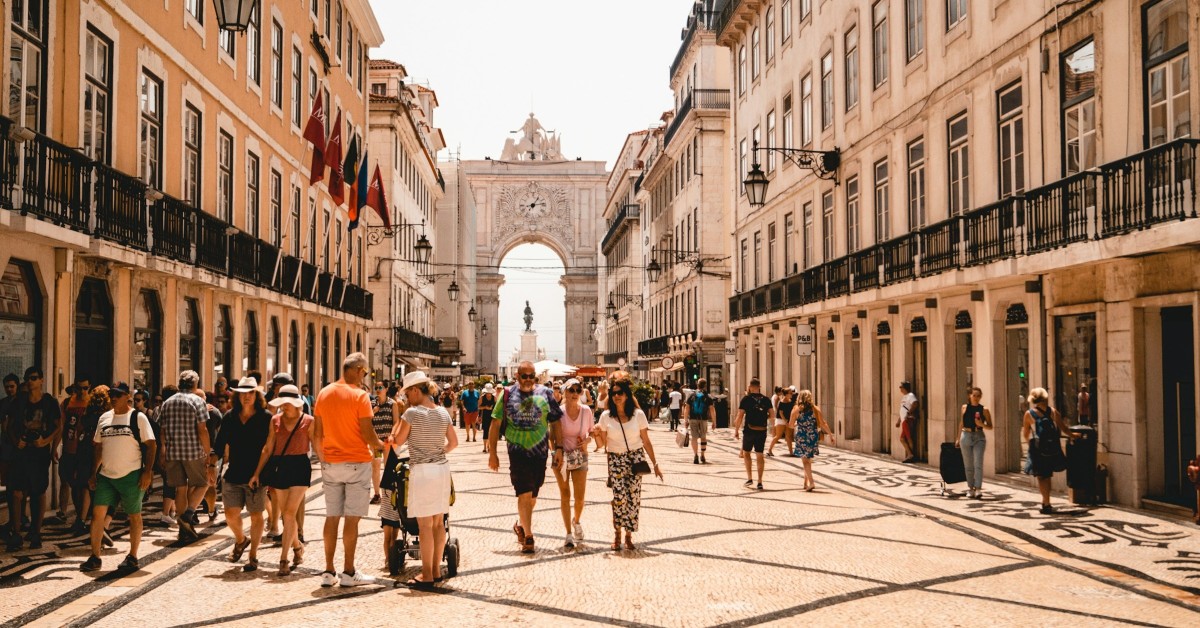
Whether you’re on the hunt for a permanent residence, a holiday home, or an investment, it’s crucial to grasp the full cost of purchasing property in Portugal — not just the asking price. From taxes and legal fees to mortgage terms, this is everything foreign buyers need to know about property costs in Portugal in 2025.
Property transfer tax (IMT)
This is a progressive tax based on property value and type. Rates vary depending on whether the property is for permanent residence, secondary residence, or investment.
Stamp duty
A fixed 0.8% of the property value is charged as stamp duty.
Notary and registration fees
Expect additional fees for notary services, registration, and legal documentation.
Legal fees
Hiring a lawyer is essential, typically costing 1–2% of the property price.
Annual property taxes (IMI)
The Imposto Municipal sobre Imóveis (IMI) is an annual property tax based on the property’s taxable value, usually ranging from 0.3% to 0.8%.
Mortgage Fees
If you are financing your purchase with a mortgage, banks may charge arrangement fees, valuation fees, and sometimes life insurance requirements. These typically range from 1% to 2% of the mortgage value.
- For more on the real cost of buying property in Portugal, check out our guide.
Financing options for foreign buyers
Foreign buyers can obtain mortgages from Portuguese banks, often covering up to 70–80% of the property value. Banks will assess your income, credit history, and residency status. Some international buyers also consider financing through private lenders or using equity from their home country.
Best locations in Portugal for foreign buyers
Portugal offers a diverse range of regions to suit different lifestyles and investment goals. Whether you’re seeking the vibrant energy of a bustling city, a picturesque coastal escape, or a tranquil countryside retreat, the country has something for everyone. Here’s a guide to some of the most popular locations for foreign property buyers:
Lisbon
The capital city offers strong investment potential, historic charm, and a vibrant cultural scene.
Porto
Portugal’s second city combines rich history with growing economic opportunities and a thriving rental market.
Algarve
The Algarve region is famous for its beaches, golf resorts, and holiday rental potential, making it ideal for investors and lifestyle buyers.
Other Regions
Consider the Silver Coast or Alentejo for quieter coastal living, charming towns, and more affordable property options.
Make your property purchase in Portugal a reality
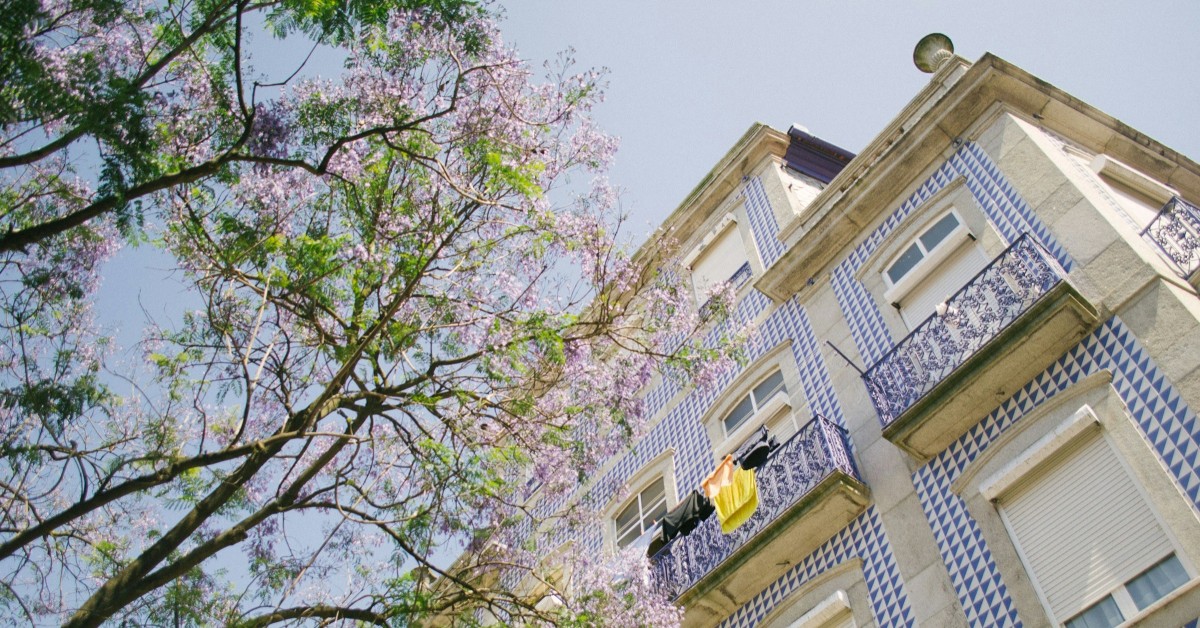
Buying property in Portugal as a foreigner is a straightforward process when you understand the legal requirements, costs, and steps involved. By choosing the right location, conducting proper due diligence, and working with experienced professionals, you can secure a property that suits your lifestyle and investment goals.
Explore properties in Portugal
Time to start looking for your ideal home in Portugal? Browse thousands of listings for sale or rent on idealista Portugal. Whether you’re buying a dream villa, a city apartment, or searching for a rental property, Idealista offers the most comprehensive selection across the country:
Tips for a successful property purchase
Buying property in Portugal as a foreigner can be straightforward, but careful planning and local expertise are key to avoiding common pitfalls. Here are some practical tips to ensure a smooth and successful property purchase:
- Work with a local lawyer to navigate legal and tax requirements.
- Consider long-term costs, including taxes and maintenance, not just the purchase price.
- Understand the rental market if buying for investment purposes.
- Be aware of currency fluctuations if transferring funds from abroad.
Frequently Asked Questions
Can foreigners buy property in Portugal?
Yes. Foreigners can purchase most property types without restrictions, though some rural or protected lands may require approvals.
How much does it cost to buy a property in Portugal?
Costs include the property price, transfer tax (IMT), stamp duty (0.8%), legal fees (1–2%), and notary/registration fees. Annual property tax (IMI) ranges from 0.3–0.8%.
Do I need a lawyer to buy property in Portugal?
Not mandatory, but highly recommended for legal protection and due diligence.
Can I get residency through property investment?
Yes. Non-EU citizens can apply for Portugal’s Golden Visa program by investing in property.
